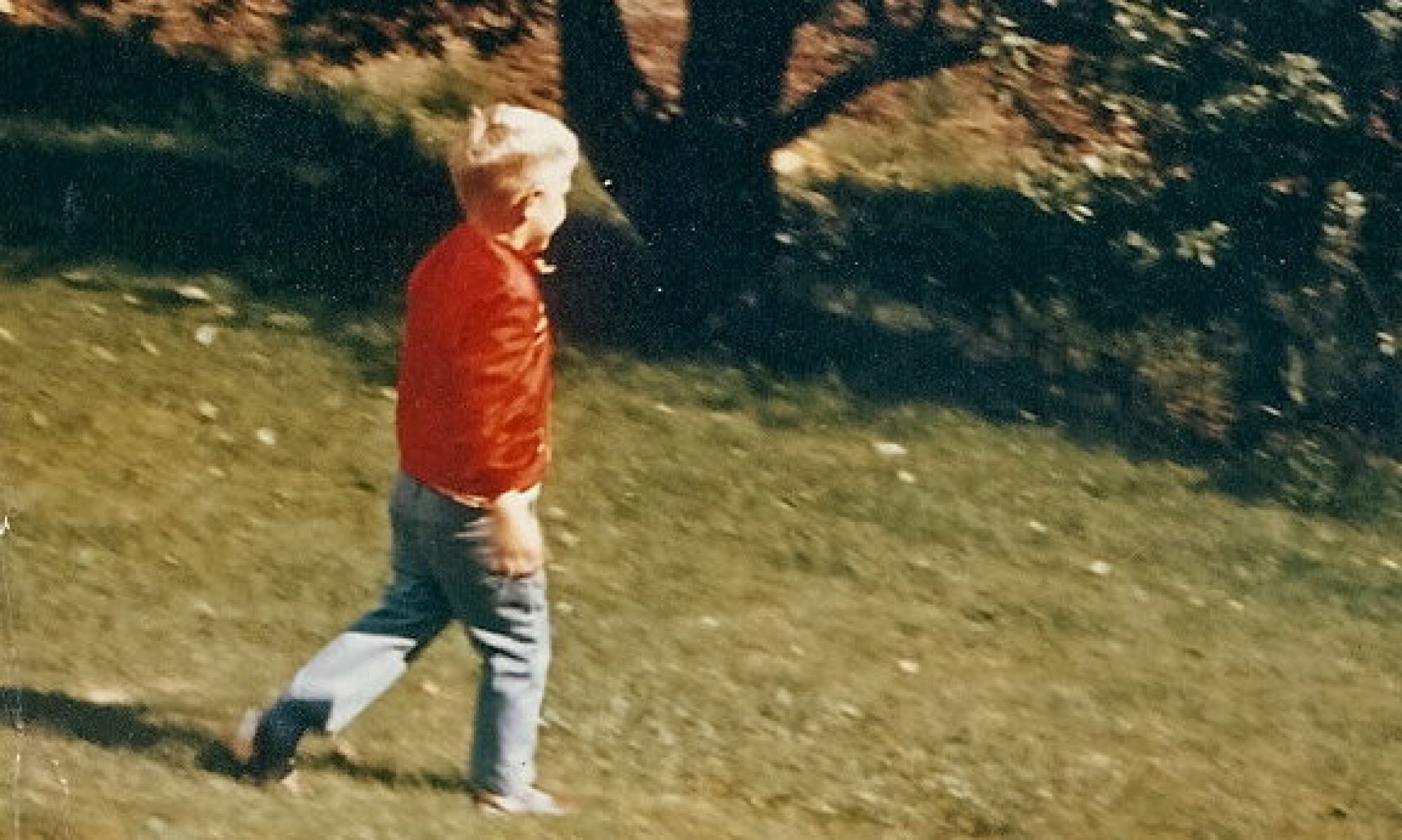I’ve been reading Work Song, by Ivan Doig. All you Anacondans (you know who you are) should take a look. Borrow, beg, or buy this book! Mr. Doig has been an inspiration to me since I read his This House of Sky in my Montana Lit. class at the U of M. Though the book takes place in Butte, it is a fine, fictional account of the life of a non-native, working various jobs in 1919. Those of you who know your history, know this was a time of great turmoil in the mines, and subsequently at the smelter.
The details of the work stoppages are intriguing to me, not only from the point of view of the non-union narrator, but also the inner workings of the men, unions, Wobblies, and the families, whose lives were inextricably linked to the hill.
I begin to wonder, by the time our town was hit with a strike in 1967, if some of the inner-workings of the emotions had become inbred in us. The fierce loyalty we have for each other. The contempt we had over the lack of control we experienced in our lives. How we held each other up, whenever our community was laid low by the machinations of a company that was so much bigger than our will. The underlying need to keep the company going, even when it so obviously was crushing our spirit, and sense of freedom.
I was only a casual observer to what was going on behind the doors of the smeltermen’s families. My dad wasn’t reliant on the hill for our daily bread, it’s true. But many of my friends and neighbors, cousins and uncles, were. Is this where my independent streak was born? Was this the power behind the voice that criticized, cajoled and extolled the foolish opinions of the outsider?
Among my various treasures, collected from the years away from Anaconda, (there are now, in fact, almost twice as many years living away from Anaconda as there were living in), I wonder if the stationary box, given as a Christmas gift from my employers eleven years ago, isn’t more prescient now as then. Engraved in the lid of the box is a quote from Mother Jones, “I am not afraid of the pen, or the scaffold, or the sword. I will tell the truth whenever I please.”
But maybe I’ve got this all wrong. I was young, when the smelter shut down for almost a year. I was young when the smelter closed. Naive. Impartial. Unattached. Somewhat uninterested.
Still, there were things we said to each other. Things we did for one another during those times that became a part of me. My job is to honor those moments. Seek them out and illuminate the corners of the memories. I believe there is enough truth to tell in those.
